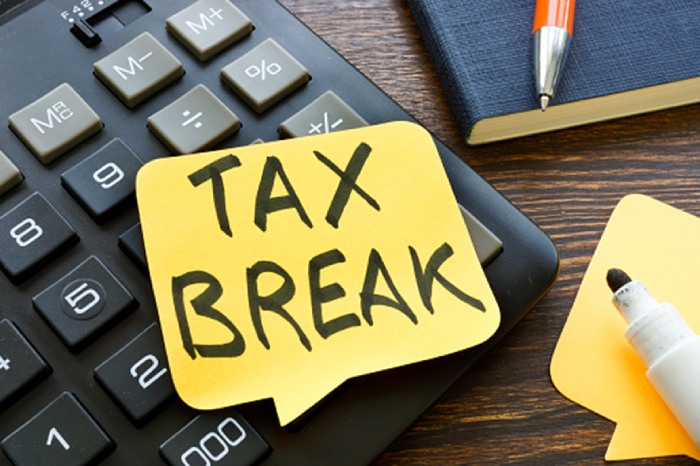Running a rental property business can be one of the most profitable investment opportunities. However, considering the job requires keeping up with several bills like utilities, mortgage, and taxes; it can quickly become overwhelming if you don’t start on the right foot.
Do you want to hit the ground running as an investor? Are you looking for the best real estate investment guide for beginners? Here’s everything you need to know on how to start a rental property business in 2023:
Table of Contents
Pros and Cons of Having a Rental Property Business
Pros
-
Diversification
One of the significant benefits of investing in a rental property is diversification. Research shows that investors that spread their risks among different asset types are less likely to lose money in an unstable market. As the saying goes, “don’t put all your eggs in one basket.”
Rental properties are low-risk compared to other ventures like stocks or bonds. But with the right strategy, they deliver steady income that can keep you afloat in rough times.
-
Tax Breaks

Another advantage of investing in real estate is that the IRS grants special tax breaks to landlords that can reduce your payable bill. Depending on where you live, you can count on tax deductions like repair, maintenance, depreciation, utilities, wages, and more. After deducting all these expenses, you’ll find your total taxes are lower than earlier anticipated.
-
Steady Income
Unless we’re in the middle of a pandemic, rain or shine, tenants are responsible for paying their rent. And if you’ve done your homework and conducted a thorough tenant screening, you should be able to depend on your tenants’ cooperation. Full-service property managers can assist with screening tenants to avoid potential problems and ensure you earn money consistently.
-
Property Appreciation
One of the best benefits of owning a rental business is that your property has great potential to appreciate, especially if you invest in a highly valuable location. Real estate has the remarkable ability to edge inflation, and that’s often true across the board. Hence, if you pair it with the right renovations, you could be sitting on a gold mine in a couple of years. You could make a neat profit when you sell or increase your rent in a few years.
Cons
-
High Maintenance
Many people consider real estate a passive income strategy, but that’s an incomplete narrative. On the contrary, running a rental business with multiple properties is a full-time commitment. However, most business-savvy landlords know it’s best to hire a property manager that can perform the job more efficiently and afford them a more hands-off approach. Otherwise, you can expect to spend several hours a day tending to tenant complaints, repairs, and scheduling routine maintenance.
-
High Capital, Low Liquidity
Real estate might not be for you if you can’t afford to raise or tie down large sums of money for multiple years. Purchasing a house is expensive, and they’re often more complicated to sell than other investment options like stocks or bonds. In addition, trading a home you owe for cash could take weeks or even months, and you still have to consider other factors like capital gains tax.
-
Vacancies
While you can earn a steady income from real estate, it depends on whether your rentals are full. Of course, vacancies are inevitable when running a rental business, but persistently empty units could drain your accounts with nothing to show. Some causes of long-term vacancies include investing in a declining neighborhood, a poor marketing strategy, and a deteriorating property.
Top 3 Challenges in the Rental Industry
Rent Collection
Every investment opportunity has its challenges, and for real estate, one of the hardest issues to solve remains rent collection. Many investors might examine the market outlook for 2023 on single-family rentals and decide to purchase in SFUs. But the more properties you have, the more teats you need to send reminders at the end of the month. Some landlords might find this hassle draining, especially when you have compliant renters. However, you can overcome this obstacle with the right incentives and offer multiple convenient payment platforms.
Disputes with Tenants
Landlord-tenant disputes are another challenge that comes with running a retail business. Unpaid rent, property damage, security deposit deductions, or illegal leasing are some of the most common reasons property owners and renters might have issues. To avoid such disputes, it would be best to perform routine inspections of the property and create a firm lease agreement outlining the rules and policies of your building.
Evictions
Finally, evictions are often ugly scenarios where you have to remove a tenant from the premises for breaking their lease agreement. The most common reason landlords evict their renters is unpaid rent, especially if it’s more than one month past due. But other factors that can justify an eviction include tenants involved in criminal activity, illegal subletting, and constituting a nuisance to the property. Before evicting any tenant, contact a lawyer to put you through the proper steps. The last thing you need is a countersuit from a problematic renter.
Conclusion
In summary, before starting a rental property business, you must acquaint yourself with the pros and cons. Knowing what you’re getting into will help you decide if being a landlord is for you. Also, being familiar with the unique challenges that rental property owners face can better assist you in finding the right solutions to avoid or solve them.


